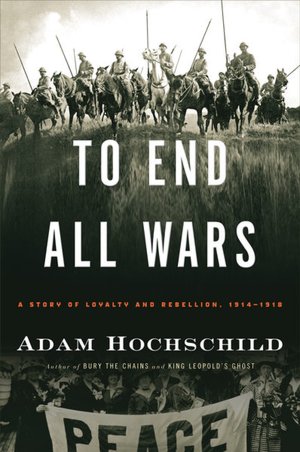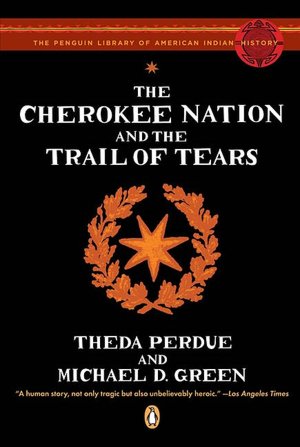Europe 1914
 |
| Source of map |
I just read To End All Wars: A Story of Loyalty and Rebellion, 1914-1918 by Adam Hochschild, a book about World War I, told primarily focusing on the English experience of the war.
The proximate cause of the war was the assassination of Archduke Franz Ferdinand of Austria by a young Serbian fanatic from a tiny group of Bosnia Serbs. That led to the invasion of Serbia by the Austro-Hungarian empire, the declaration of war on that empire by Russia, leading to entry into the war by Germany, France, Belgium, the United Kingdom, the Ottoman Empire, Italy, Bulgaria and ultimately the United States. The metropolitan powers brought in troops from their scattered empires.
It seems obvious to me that the root cause of the war was a series of mistakes. It seems obvious that the violent act of a single young man should not have triggered a war that resulted in the deaths of some 20 million people; some better solution to the problem that the assassination posed should and could have been found.
How did the war work out for the key people who influenced the decision to go to war? Within a few years:
- The Austro-Hungarian empire was dissolved, its territory distributed among several states, the monarchy overthrown and the monarch in exile.
- The Russian empire had lost much of its most valuable territory, the monarchy was replaced by a Communist Government and the royal family assassinated.
- Germany had lost some of its European territory and its overseas colonies, its monarchy was deposed and in exile.
- The Ottoman empire was broken up, the Sultanate lost control of even Turkey, and the Sultan was in exile.
Would the monarchs of these countries have acquiesced to the wars, much less promoted them, had they recognized that the war would lead to the end of their dynasties?
Even winners such as the British empire, the French empire and Italy had lost huge numbers of killed and wounded and had incurred huge debts as well as destruction of property. Their leaders were so embittered by the war that they imposed a peace that historians agree would lead to a global depression and inexorably to the next and vastly more destructive war. Indeed, it seems likely that the Spanish flu pandemic would have been less lethal but for the war.
Even winners such as the British empire, the French empire and Italy had lost huge numbers of killed and wounded and had incurred huge debts as well as destruction of property. Their leaders were so embittered by the war that they imposed a peace that historians agree would lead to a global depression and inexorably to the next and vastly more destructive war. Indeed, it seems likely that the Spanish flu pandemic would have been less lethal but for the war.
It seems inescapable that if those influential people had been able to foresee accurately the consequences of the war that they favored and allowed to occur, they would have moved heaven and earth to prevent it.
They must not have understood the nature of the war that their nations were unleashing, the abilities of their nations to prevail or even to survive the war, nor the implications for the form of government that they led.
While apparently some military men understood the nature of the war that was being unleashed, their understanding was not effectively communicated to the monarchs, nor to the aristocracy in general, nor most definitely to the public. I find myself wondering if this too (like the Civil War that I have previously discussed) was not a war most directly caused by a failure of knowledge -- that the people who should have known did not understand the war that they were unleashing on the world.
They must not have understood the nature of the war that their nations were unleashing, the abilities of their nations to prevail or even to survive the war, nor the implications for the form of government that they led.
While apparently some military men understood the nature of the war that was being unleashed, their understanding was not effectively communicated to the monarchs, nor to the aristocracy in general, nor most definitely to the public. I find myself wondering if this too (like the Civil War that I have previously discussed) was not a war most directly caused by a failure of knowledge -- that the people who should have known did not understand the war that they were unleashing on the world.
On the other hand, looking back the 20th century seems to have seen a massive cultural transition. It saw the emergence of the middle class and the distribution of power, including some power to the working class. It saw a massive improvement of the economic status of people, and a massive improvement in educational attainment. It seems inevitable that there would have been decolonization, the end of monarchies and empires, and a shift of power from the landed aristocracy to other socio-economic classes, a shift in institutions from monarch and oligarchy to democracy. Could these transitions ever have been made without war and devastation?
The book focuses on a few English people, following them from the Boar War through World War I and indeed providing a epilogue summarizing their post-war fates. Those followed include generals and politicians that played central roles in the British war effort, but also key members of the anti-war movement. Interestingly, some families had both field marshals and public pacifists, some broke apart due to disagreements over the war.
Thank goodness for Wikipedia. I found a frequent need to go to other sources to figure out what the broad trends were in the war. On the other hand, Hochschild's narration rooted in the lives of real people makes the story more accessible and interesting, and he does write a good sentence, a solid paragraph, and a sound chapter. I found I read the book quickly and with interest.

























